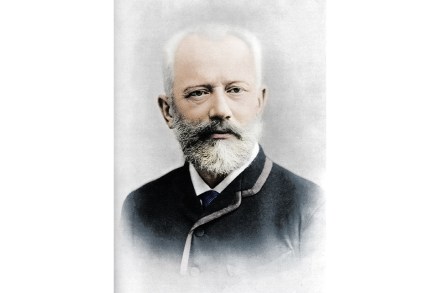Starving street urchins sell their sisters in the chaos of Naples, 1944
Naples is ‘certainly the most disgusting place in Europe’, judged John Ruskin. The boisterous yelling in the corridor-like streets and beetling humanity filled the Victorian sage with loathing. (‘See Naples and die’ became for Ruskin ‘See Naples and run away’.) In the city’s obscure exuberance of life he could see only a great sleaze. Naples still has a bad name. Tourists tend to hurry on through to visit the dead cities of Pompeii and Herculaneum, or jet-set Capri, renowned for the debauched excesses of Tiberius. Naples may lack the monumental grandeur of Rome, but visiting it constituted the gracious end to the Grand Tour during the 17th and 18th centuries.






